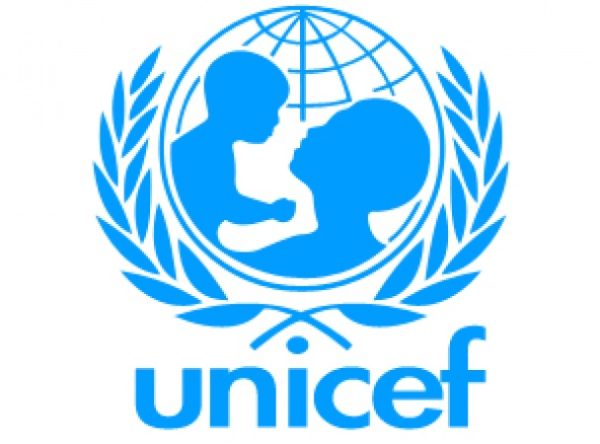The office of the Plateau Governor’s wife, in partnership with UNICEF, has commenced empowerment training for 250 Internally Displaced Persons (IDPs) in the state.
The programme is part of ongoing efforts to support individuals displaced by communal clashes and conflicts.
Inaugurating the three-day Life Skills Training on Thursday in Jos, Mrs. Helen Mutfwang described the initiative as a significant step in rebuilding and empowering displaced youths who have endured severe humanitarian hardships.
“Despite disruptions to livelihood and security, young people continue to show resilience, strength, and hope across affected communities in the state,” she said.
Mrs. Mutfwang said the partnership with UNICEF extends beyond training, describing it as “an investment in the future, confidence, and wellbeing of the participants.”
She added that the programme would equip trainees with essential life skills, including communication, confidence-building, leadership, and active community participation. The training also covers hygiene awareness, violence prevention, understanding gender-based violence, and preparation for safer community engagement.
“The skills provided are practical tools to help displaced youths rebuild communities, protect themselves, and pursue purposeful, dignified lives,” she added.
Also speaking, UNICEF Programme Coordinator, Dr. Nosayaba Tukura, said the training aims to rebuild the lives of IDPs in Jos through practical skills and emotional healing.
“The workshop combines trauma-informed sessions with vocational training to help displaced youths regain confidence and resilience for future rebuilding,” she said.
Dr. Tukura explained that participants would engage in healing conversations, stress-management lessons, and inner-strength development to prepare them for effective skills acquisition. The programme also provides business ideas, leadership development, and future-focused competencies to support personal growth among displaced youths.
“The training will empower IDPs to rebuild communities by equipping them with tools that strengthen economic prospects and social responsibility. We expect a lasting impact as participants start small businesses, form support groups, and transmit acquired skills across Plateau communities,” she added.
Some participants expressed their commitment to the training. Mrs. Rose Abilah, a mother of four, said she was ready to learn sewing skills to support her children after losing her husband in the conflict.
Hauwa Sati, a trader from Barkin Ladi and mother of six, said she hoped to be trained in poultry farming. Christiana Dung, a mother of five from Ryom, said she would appreciate any form of training to help support her family.


